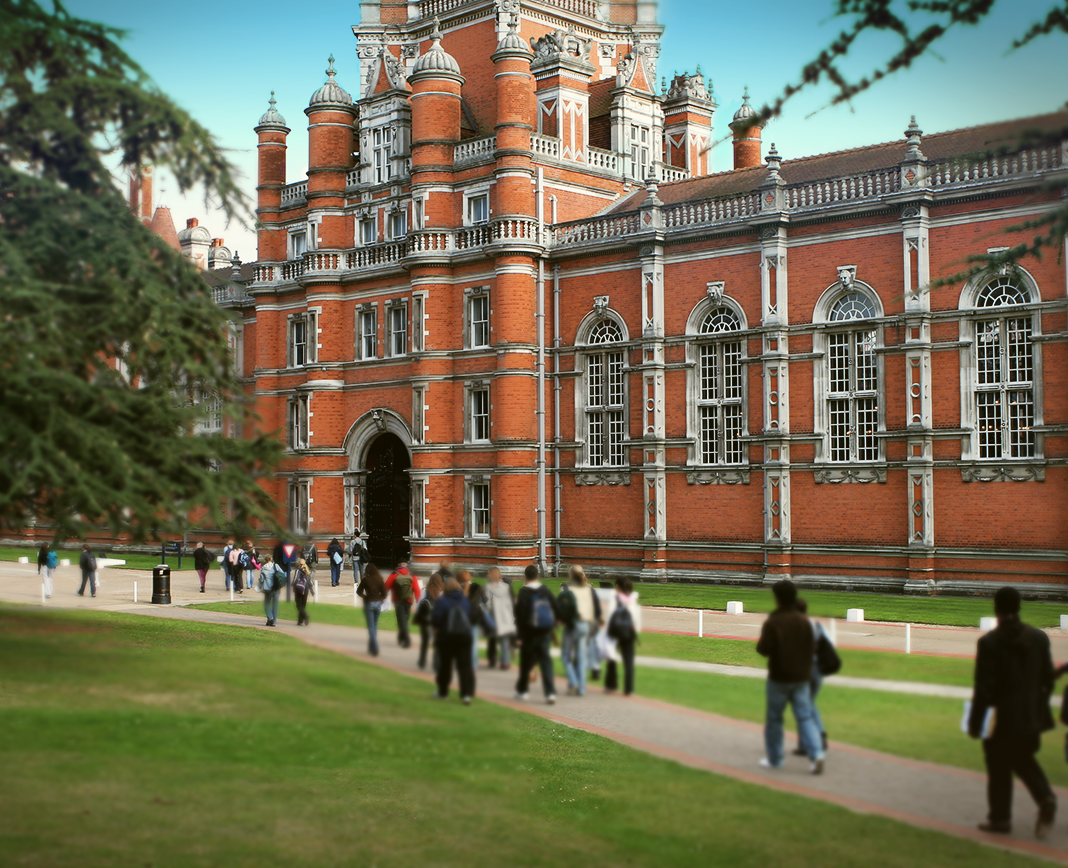
What are perfect squares and how to factor them?
What are they?
-
A perfect square trinomial always starts and ends with a square, and looks like (a+b)^2=a^2+2ab+b^2.
-
In the expression ax^2+bx+c, the "a" and the "c" are squares, so a number is multiplied by itself to get "a" and "c", however they are whole numbers.
-
For example 4x^2+12x+9.
-
4 is a square (2x2=4) and 9 is a square (3x3=9).
-
However, in order for it to be a perect square trinomial, the square roots of "a" and "c" need to equal to "b" when multiplied by 2.
-
So, square root of 4 (2), and square root of 9 (3), need to equal to "b" when multiplied by 2.
-
2(2)(3)=b
-
2(6)=b
-
12=b
Let's factor them!
For example, 25x^2+20x+4
-
Is this a perfect square?
-
The square root of 25 is 5, and square root of 4 is 2.
-
5 multiplied by 2 is 10.
-
2 multplied by 10 is 20.
-
The "b" value is 20, so it is a perfect square.
-
We write this as (5x+2) (5x+2).
-
So (5x+2)^2.
-
We basically write the square roots of both "a" and "c"!
-
If we expand this, we must get 25x^2+20x+4.
Why do we multiply 2(a)(c)?
We multiply it by 2 because it is a sqaure.
If we expand (5x+2)^2.
-
(5x+2) (5x+2)
-
5x multiplied by 5x is 25x^2.
-
5x multiplied by 2 is 10x.
-
2 multiplied by 5x is 10x.
-
2 multiplied by 2 is 4.
-
Notice that we have two 10x.
-
Therefore, that 2 comes because we have two of the same like terms!
Practice these....
1) u^2+18u+81
2) f^2+14f+49
3) 64j^2-112jk+49k^2
Answers are...
1) (u+9)^2
2) (f+7)^2
3) (8j-7)^2
What if "b" is negative, but "c" is positive?
Remember that two negatives equal to a positive